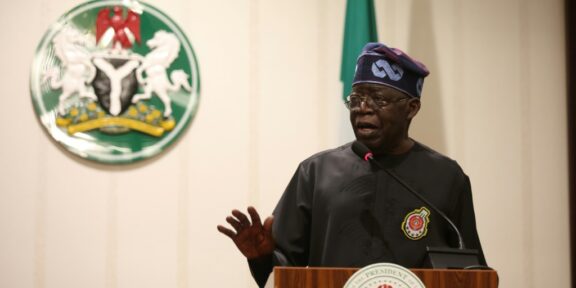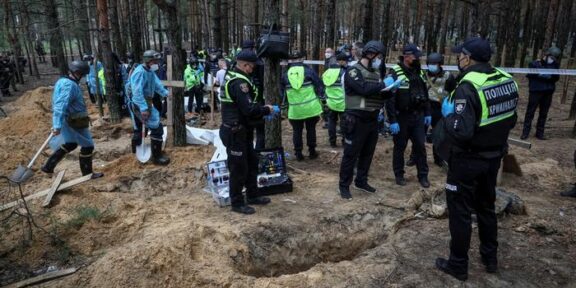US Secretary of State Antony Blinken will hold potentially delicate talks in Paris on Tuesday to patch up ties with France, which is still angry over the cancellation of a submarine contract.
President Emmanuel Macron was furious last month when Australia scrapped a multibillion-dollar deal for French submarines, saying it would pursue US nuclear versions instead.
Macron’s government called secret talks leading up to the cancellation “a stab in the back” and the French president recalled his ambassadors from Washington and Canberra.
US President Joe Biden, possibly taken aback by the extent of Macron’s anger, has since tried to make amends, with Karen Donfried, the assistant secretary of state for European affairs, admitting last week that “the September 15 announcement would have benefited from better and more open consultation among allies”.
Blinken’s scheduled meeting with his French counterpart Jean-Yves Le Drian on Tuesday is likely to lack the usual warmth between the two allied governments.
Le Drian, his ministry spokeswoman told reporters, sees the meeting merely as a chance to “identify stages that may allow a return of confidence between our two countries”.
In a further sign that French anger is still simmering, no official meeting is scheduled between Macron and Blinken. Instead, the US top diplomat is due to meet the French leader’s diplomatic advisor Emmanuel Bonne.
This omission stands in stark contrast to the French president’s availability for Donald Trump’s secretary of state Mike Pompeo in November last year when he stopped off in Paris to say goodbye.
– ‘Not only in words’ –
Blinken’s trip to Paris had been scheduled before the submarines row erupted, and was to focus on a meeting of the Organization for Economic Cooperation and Development (OECD), a club of mostly rich countries.
But the fallout from the defence crisis is now likely to dominate his two-day stay.
A fluent French speaker who spent part of his childhood in Paris, Blinken will need all his knowledge of France and diplomatic acumen to reassure his hosts over the durability of the partnership with Washington’s oldest ally.
Donfried, echoing France’s earlier assessment, said the US recognised that repairing ties “will take time and will take hard work and it will need to be demonstrated not only in words but also in deeds”.
France may have started softening its stance after Biden spoke by telephone with Macron who then sent his ambassador back to Washington where he was given meetings with Blinken and also with Jake Sullivan, Biden’s national security advisor.
Macron is meanwhile still livid with Australia, and a long-planned round of Australia-EU free trade talks has been postponed by a month.
Canberra announced the submarine decision as it joined a new alliance with Britain and the United States, dubbed AUKUS, one of a series of initiatives by Biden who views countering China as the paramount concern of the United States.
US officials said that Blinken would speak to France, which has a presence in the Indo-Pacific region through several overseas territories, about the Asia strategy.
“AUKUS is not intended to replace existing arrangements or existing partnerships,” Donfried said. “On the contrary, we welcome the opportunity to discuss how to include the EU and other partners in our initiatives,” she said.
While in Paris, Blinken will also co-chair a ministerial meeting for the 60th anniversary of the Paris-based OECD.
The meeting will look at promoting a green economy, a month before high-stakes UN climate talks in Glasgow.
burs-jh/sjw/gd









